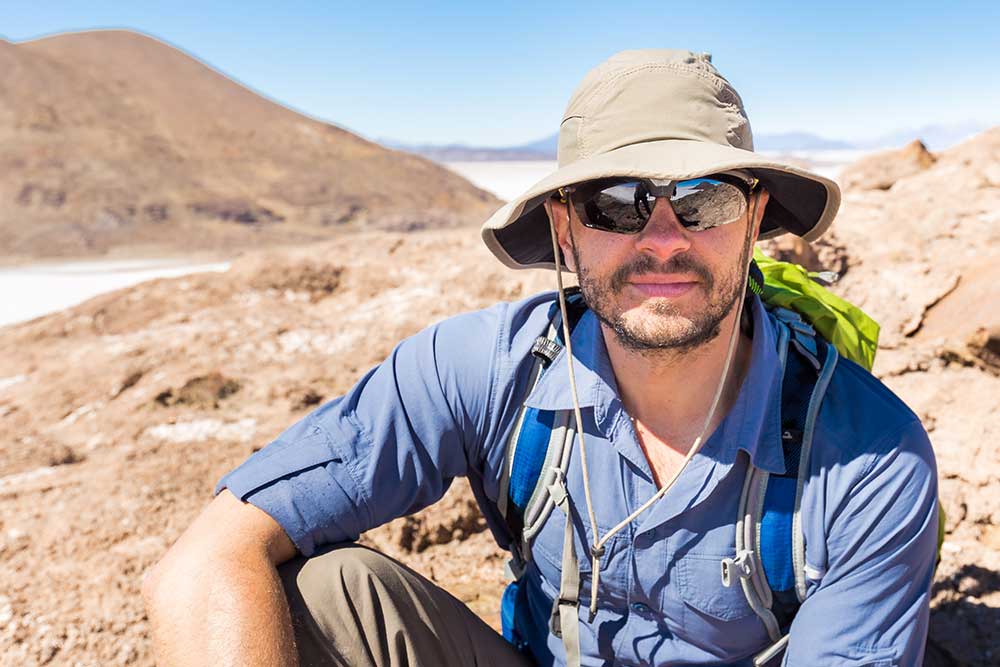All Categories
Featured
Table of Contents
Geophysical Survey Definition in Morley Aus 2021

The main model for the radial structure of the interior of the Earth is the preliminary recommendation Earth design (PREM). Some parts of this design have actually been updated by recent findings in mineral physics (see post-perovskite) and supplemented by seismic tomography. The mantle is primarily composed of silicates, and the boundaries between layers of the mantle follow stage shifts.

This makes plate tectonics possible. Schematic of Earth's magnetosphere. The solar wind Flows from left to. If a world's magnetic field is strong enough, its interaction with the solar wind forms a magnetosphere. Early space probes drawn up the gross measurements of the Earth's magnetic field, which extends about 10 Earth radii towards the Sun.
Inside the magnetosphere, there are reasonably thick areas of solar wind particles called the Van Allen radiation belts. Geophysical measurements are typically at a specific time and location. Accurate measurements of position, together with earth deformation and gravity, are the province of geodesy. While geodesy and geophysics are separate fields, the 2 are so closely linked that numerous scientific companies such as the American Geophysical Union, the Canadian Geophysical Union and the International Union of Geodesy and Geophysics include both.
Geophysical Surveys & Mapping - Ecs Limited in Oakford Aus 2021
A three-dimensional position is determined utilizing messages from 4 or more visible satellites and described the 1980 Geodetic Recommendation System. An alternative, optical astronomy, integrates astronomical coordinates and the local gravity vector to get geodetic collaborates. This method only offers the position in 2 collaborates and is more tough to use than GPS.
Gravity measurements ended up being part of geodesy due to the fact that they were required to related measurements at the surface area of the Earth to the referral coordinate system.
, which are studied through geophysics and space physics.
Geophysical Prospecting in The Vines WA 2023

Given that geophysics is worried with the shape of the Earth, and by extension the mapping of functions around and in the planet, geophysical measurements include high accuracy GPS measurements. As soon as the geophysical measurements have actually been processed and inverted, the analyzed outcomes are outlined using GIS.
Numerous geophysics business have designed internal geophysics programs that pre-date Arc, GIS and Geo, Soft in order to meet the visualization requirements of a geophysical dataset. Expedition geophysics is applied geophysics that frequently uses remote noticing platforms such as; satellites, aircraft, ships, boats, rovers, drones, borehole noticing equipment, and seismic receivers.
Aeromagnetic information (airplane collected magnetic data) gathered using traditional fixed-wing aircraft platforms should be fixed for electro-magnetic eddy currents that are produced as the airplane moves through Earth's electromagnetic field. There are likewise corrections related to modifications in measured prospective field intensity as the Earth rotates, as the Earth orbits the Sun, and as the moon orbits the Earth.
Geophysical Prospecting in Martin Australia 2021
Signal processing involves the correction of time-series information for undesirable sound or errors introduced by the measurement platform, such as aircraft vibrations in gravity data. It also includes the reduction of sources of sound, such as diurnal corrections in magnetic information. In seismic information, electromagnetic information, and gravity data, processing continues after error corrections to include computational geophysics which result in the final analysis of the geophysical information into a geological interpretation of the geophysical measurements Geophysics became a different discipline just in the 19th century, from the crossway of physical geography, geology, astronomy, meteorology, and physics.
The magnetic compass existed in China back as far as the fourth century BC. It was not till good steel needles could be created that compasses were used for navigation at sea; prior to that, they might not maintain their magnetism long enough to be useful.
By looking at which of eight toads had the ball, one could identify the instructions of the earthquake. It was 1571 years prior to the first design for a seismoscope was published in Europe, by Jean de la Hautefeuille. It was never constructed. One of the publications that marked the beginning of contemporary science was William Gilbert's (1600 ), a report of a series of careful experiments in magnetism.
Integrated Geophysical Surveys For The Safety in Warnbro Australia 2021
In 1687 Isaac Newton published his, which not only laid the structures for classical mechanics and gravitation however likewise described a variety of geophysical phenomena such as the tides and the precession of the equinox. The first seismometer, an instrument efficient in keeping a continuous record of seismic activity, was constructed by James Forbes in 1844. Dietmar; Sdrolias, Maria; Gaina, Carmen; Roest, Walter R. (April 2008). "Age, spreading rates, and spreading asymmetry of the world's ocean crust". Geochemistry, Geophysics, Geosystems. 9 (4 ): Q04006. Bibcode:2008 GGG ... 9. 4006M. doi:10. 1029/2007GC001743. S2CID 15960331. "Earth's Inconstant Electromagnetic field". science@nasa. National Aeronautics and Area Administration. 29 December 2003. Recovered 13 November 2018.
Leipzig. Berlin (Gebruder Borntraeger). Runcorn, S.K, (editor-in-chief), 1967, International dictionary of geophysics:. Pergamon, Oxford, 2 volumes, 1,728 pp., 730 fig Geophysics, 1970, Encyclopaedia Britannica, Vol. 10, p. 202-202 Ross 1995, pp. 236242 Shearer, Peter M. (2009 ). Introduction to seismology (second ed.). Cambridge: Cambridge University Press. ISBN 9780521708425. Stphane, Sainson (2017 ).
Latest Posts
Geophysical Surveys - U.s. Geological Survey in Wandi Western Australia 2023
Geophysics in Mount Claremont Aus 2020
Geophysical Survey in Casaurina Aus 2020